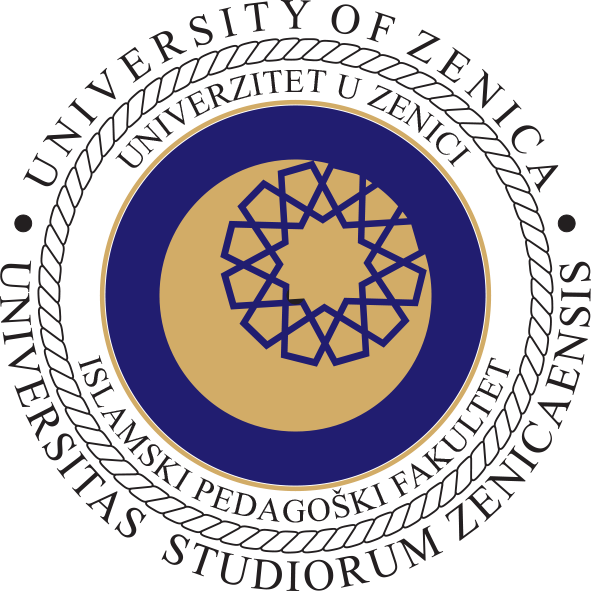SABRANI RADOVI HIFZIJE SULJKIĆA
Prikaz djela: Hifzija Suljkić, Sabrani tekstovi (Bosanska medijska grupa – BMG – Tuzla; Medžlis Islamske zajednice Zvornik, 2007)...
By Bilal Hasanović
QASIDA-I BURDA AND ITS AURA IN OUR CLIMATE
First pre-Islamic fragments of poetry are registered in the fifth and sixth centuries before the occurrence of Islam. These fragments show a very rich and developed poetic tradition. The Qur`an has a negative attitude towards idolatry and the pre-Islamic poetry and poets excepting those who accepted Islam and continued their poetic journey respec...
By Bilal Hasanović
MESSAGE CONVEYED THROUGH SOME AYATS THAT INCLUDE DERIVED FORMS OF THE TERMS CALL, INVITE, REQUEST
Qur’anic terms de'ā, jed'ū, da'vetun, du'āu and their derived forms have been used in over two hundred ayats that speak about belief in Allah, Righteous Path and Truth. In these ayats people are invited to advocate Truth, to do good deeds, and to avow that they are Muslims. They emphasize Allah’s closeness to people. He requests for people to addr...
By Bilal Hasanović
History of the drina region medresahs in Zvornik
As a resume to this paper I would like to set forth a critical viewpoint of a distinguished alim and a professor at Behrambey’s medresah in Tuzla, Ibrahim Čokić, who to this Schtadler’s statement replies that: “He (Schtadler, prim. B:H) has before his eyes his main wish and his ideal: to convert Muslims to Christianity. His wish was not fulfilled. ...
By Bilal Hasanović
The first islamic educational survey (1910-1911)
The Islamic educational poll (expert board) had the task of studying and offering solutions to a number of religious-educational and general educational questions in the field of elementary education, of which some had been ‘inviolable’ for centuries – such as secular education of female Muslim children, considering that strong opposition from pare...
By Bilal Hasanović
The etymological link between the word Al-ahad (الأحد) and Al-vahed (الواحد)
In this comparative language study on numbers in Semitic languages the following can be concluded: * First - cardinal and ordinal number in Semitic languages are made from different etymological bases. * Although there is a significant difference between first (cardinal and ordinal) numbers, there is a high level of overlap between other (cardinal ...
By Bilal Hasanović
